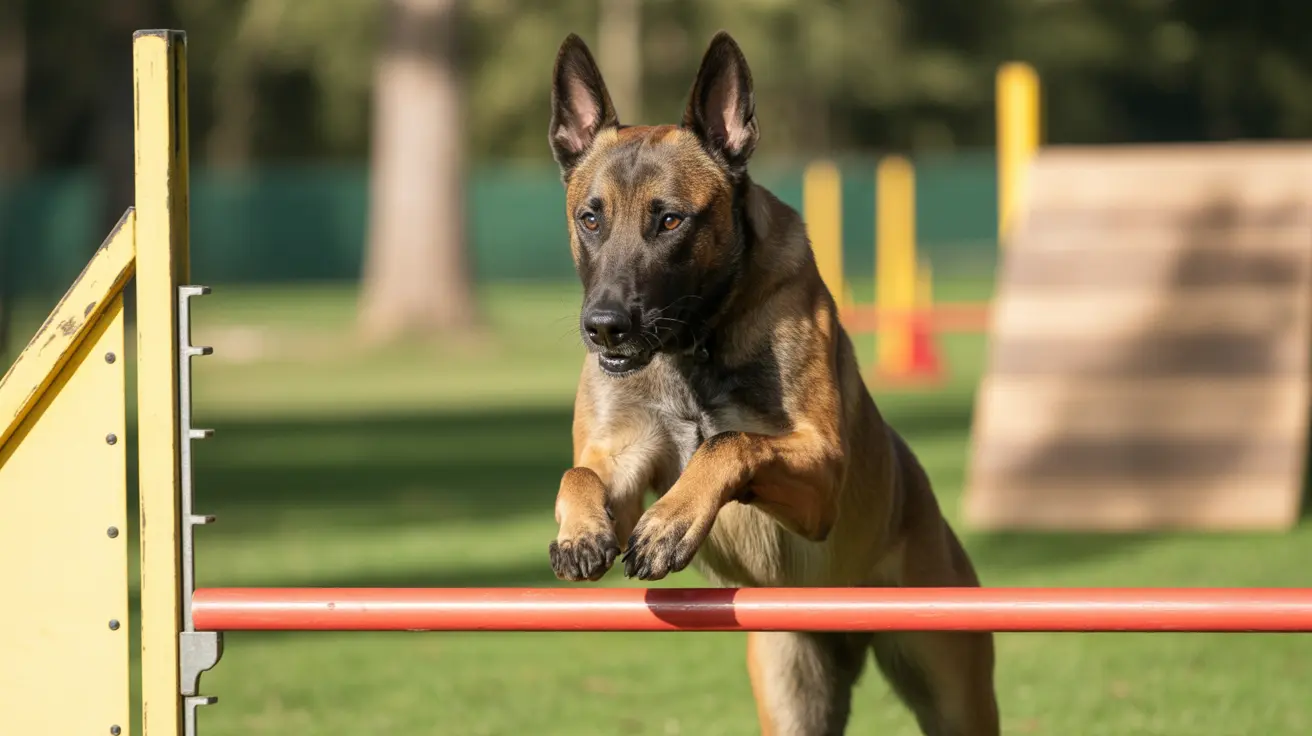A dog's sense of smell is an extraordinary tool, estimated to be up to 10 million times more powerful than humans. However, this remarkable ability can be compromised by various factors, from environmental conditions to medical treatments. Understanding what kills a dog's sense of smell is crucial, especially for working dogs and their handlers.
Environmental Impacts on Canine Olfaction
Weather conditions play a significant role in a dog's scenting ability. While light rain and moderate humidity can actually enhance scent detection by helping odors stick to surfaces, extreme weather conditions can severely impact a dog's olfactory capabilities.
Temperature and Humidity Effects
High temperatures can increase the presence of odor molecules in the air, which might seem beneficial at first. However, excessive heat can kill beneficial bacteria that help dogs detect certain scents. Additionally, very high humidity levels can oversaturate the air with moisture, making it harder for dogs to isolate specific odors.
Weather Challenges
Heavy rainfall can force scents closer to the ground, making them harder to track. Foggy conditions present a unique challenge as they cause scents to hang suspended in the air, requiring dogs to scan entire areas rather than following a direct trail. This can significantly slow down tracking efforts and reduce efficiency.
Medical and Pharmaceutical Influences
Various medical treatments and medications can temporarily or permanently affect a dog's sense of smell. This is particularly important for working dogs who rely on their olfactory abilities for their duties.
Medication Impact
Certain medications can significantly impair a dog's sense of smell:
- Metronidazole can reduce the ability to detect specific odors
- Steroids like dexamethasone and hydrocortisone raise the olfactory detection threshold
- Anesthesia drugs including isoflurane and propofol can temporarily affect scenting abilities
Medical Conditions
Various health issues can also impact a dog's sense of smell:
- Upper respiratory infections
- Nasal inflammation or infections
- Dental disease
- Neurological conditions affecting the olfactory system
Operational and Training Considerations
The environment where dogs work can significantly affect their scenting performance. Enclosed spaces tend to concentrate odors, making detection easier, while outdoor environments present various challenges that can impact a dog's ability to detect and track scents.
Working Environment Factors
Several operational factors can affect a dog's scenting ability:
- Air disturbances from vehicles or ventilation systems
- Presence of competing odors
- Distance from the source
- Age of the scent trail
Maintaining Optimal Olfactory Function
To help preserve a dog's sense of smell, it's essential to:
- Regular veterinary check-ups
- Proper dental care
- Avoid exposure to harsh chemicals
- Maintain appropriate environmental conditions during working sessions
- Consider the impact of necessary medications
Frequently Asked Questions
What environmental factors can affect a dog's sense of smell?
Temperature, humidity, rainfall, fog, and air disturbances can all impact a dog's ability to detect and track scents. Moderate humidity can help, while extreme conditions usually hinder performance.
Can medical treatments or drugs impair a dog's ability to smell?
Yes, various medications including antibiotics, steroids, and anesthesia drugs can temporarily or permanently affect a dog's sense of smell. Always consult with a veterinarian about potential olfactory impacts of prescribed medications.
How do high temperatures and humidity affect a dog's sense of smell?
High temperatures can increase odor molecule presence but may kill helpful bacteria. Extreme humidity can oversaturate the air, making it difficult for dogs to isolate specific scents.
Why do changes in weather, like heavy rain or fog, impact a dog's ability to track scents?
Heavy rain forces scents closer to the ground and can wash away scent particles. Fog causes scents to hang in the air rather than forming a clear trail, making tracking more challenging.
What can I do to help maintain my dog's sense of smell, especially in challenging environments?
Regular veterinary care, proper dental hygiene, avoiding harsh chemicals, and being mindful of environmental conditions during scent work can help maintain optimal olfactory function. Also, consider timing outdoor activities during moderate weather conditions.






